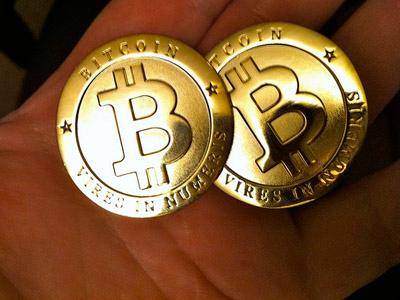
Bitcoin: Tulip bubble or financial market revolution for young Australians?
You are in your late 20s and live in an east coast capital city.
You have a stable career and a bit of spare money, but it’s unlikely you will be able to buy a house in an area where you can hold on to your job.
Wages are going nowhere. Yours has been falling behind the cost of living.
You’d like more money, but you don’t even have enough to start a share portfolio.
You know nothing about how to start a small business, but you do understand the internet and you’ve worked out that something is making your friends rich, very quickly. Suddenly Bitcoin and cryptocurrencies like it are worth $US160 billion. A decade ago they didn’t exist.
The newly wealthy aren’t mum and dad investors, but their children, 20 and 30-year-olds huddled over laptops late into the night in Japan, the US and Australia.
Company announcements aren’t made to shareholders and boards, they are published on internet chat forums such as Reddit and Slack.
Sales are made through digital wallets that allow for instantaneous, anonymous, irreversible transactions from seller to buyer that are recorded in a secure ledger called a blockchain.
Traders can invest in new currencies and companies offering services such as digital payments in physical shops through “initial coin offerings”, much like the initial public offerings on the stockmarket but worth as little as a fraction of a cent at launch.
Most of the trades are done in Bitcoin, which, much like gold, is valued for its finiteness. It’s algorithm says there will only ever be 21 million of them.
It was created in response to the 2008 financial crisis.
“The originating community had a strong libertarian and anti-establishment spin that, in many ways, was similar to the free-software culture, with its strong anti commercial values,” argues Massachusetts Institute of Technology professor Joichi Ito. In September, JP Morgan chief executive Jamie Dimon said any employee trading Bitcoin would be fired for their stupidity.
Now, the backbone of the entire global operation is 30 times more volatile than the US dollar.
To read more, please click on the link below…
Source: Bitcoin: Tulip bubble or financial market revolution for young Australians? – The Sydney Morning Herald


